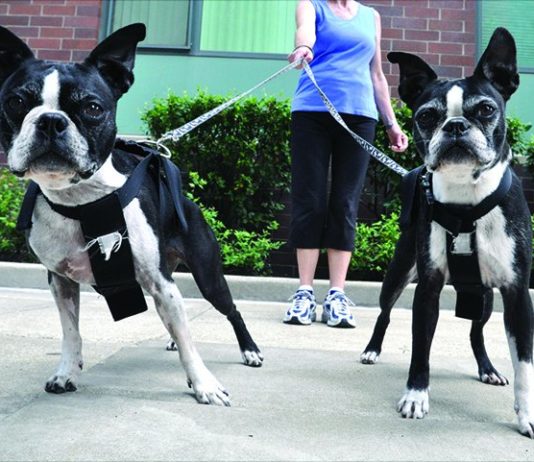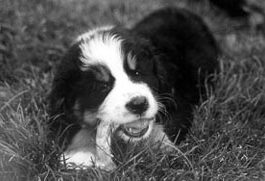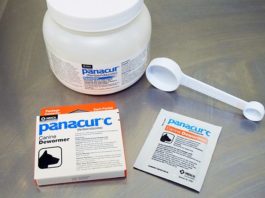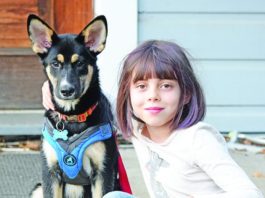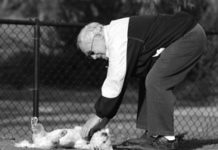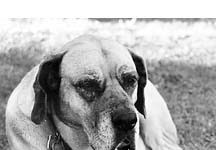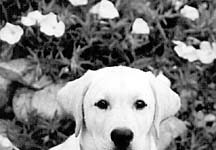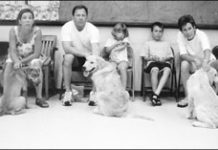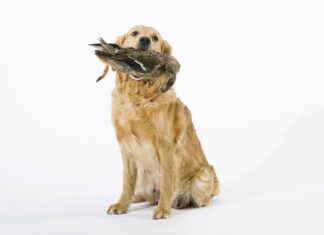Ways to Manage an Adolescent Dog
Is your once cute, cuddly, and well-behaved pup suddenly acting out? Is your dog ignoring you, taking off if he sees something interesting, and chewing on everything in sight? Did his once perfect sit
Buying a Naturally Reared Puppy
Read any good puppy contracts lately? Probably not. Health and placement guarantees, spay and neuter requirements, limited registration and other legal details are important, but they can (yawn) put you right to sleep. Well, that used to be true, but today some breeders are writing contracts that leave people rubbing their eyes in disbelief because they contradict everything mainstream veterinary medicine recommends. These contracts require puppy buyers to feed an all-raw diet, avoid routine vaccinations, and use holistic therapies instead of conventional veterinary care.
8 Steps to a Behaviorally Healthy Dog
You can start the process of socializing and training at any stage of a dog's life! Making positive associations for your dog is faster and easier for youngsters than adults, but it's always worth trying to teach new ways of thinking that will improve your dog's quality of life and overall happiness.
Puppy Training Pros and Cons
Last month, I mentioned how concerned my son was when he heard I had made the decision to adopt one of the bully-breed-mix puppies I had been fostering. He's accustomed to me pretending that I don't like puppies (Ew
Puppies Who Demonstrate “Alpha” Behavior
Teddy’s owners were distraught as they explained to me on the phone why they had called. Their veterinarian had told them that their nine-week-old Golden Retriever puppy was “dominant aggressive” because he was biting their hands. He had advised them to alpha-roll the pup every time he tried to bite or otherwise challenge their authority.
Puppy Shots – Understand Vaccinations
Modern-day dog owners enjoy the comforting certainty that their puppies can and will be given a series of vaccinations, so-called “puppy shots,” to protect them from life-threatening canine diseases such as distemper, parvovirus, and rabies. Most of us were indoctrinated in early childhood to schlep Shep to the vet once a year for his annual booster shots in order to extend that vital protection year after year. We accepted without question that a failure to do so was the height of dog owner irresponsibility.
Preparing For and Training Young Puppies
The first time I saw Buddy he was a tiny tan morsel nestled in his owner's arms, a perfect pudge of a yellow Labrador retriever puppy eight weeks old, fat, round and chunky with a shiny black button nose, warm brown eyes and milk-sweet puppy breath. His owner, Tena, had carried him into my training class to hand him over to me for three weeks of in-home boarding and training.
Get Your Puppy Enrolled Into Puppy Training School As Early as Possible
The optimum time to start a puppy’s education is as early as possible: about eight weeks of age. With food treats and clickers as the primary tools in our training arsenal, we can help owners start educating their youngsters at an optimum training age, before pups have had several months of reinforcement for unwelcome and inappropriate behaviors. Paradoxically, some veterinarians still counsel owners to wait until their new puppies are six months old and “fully vaccinated” to take them to training class. Unfortunately, this advice is just as outdated as the use of choke chains in puppy classes! It’s true that you shouldn’t wantonly expose your pup to high-risk dog populations; you should never take him to a dog park, or let him play with stray dogs on the street. But the risk of contracting an infectious disease in a controlled setting, with other healthy puppies, is quite low.
Housetraining Puppies
A primary concern of all responsible puppy owners is housetraining. Nothing gets old as quickly as cleaning up piles of puppy poop and puddles of puppy pee. An effective management and training program that prevents accidents is key to successful housetraining (see “Getting Off to the Best Start”), but even the most dedicated puppy owner is likely to slip up and allow at least one mistake. Of course, when that happens, we clean and scrub and remove all traces of urine and feces. We work on two levels: we want the carpet to look good again, and we want the smell of the dog’s mistake to disappear.
The First Week with a New Puppy
It's one of the best feelings in the whole world -- those first few hours with your new puppy when everything is perfect and anything is possible. It doesn't take long, however, for that bubble to burst. It could be the very first day, when you step in that pile of puppy poo on your Persian carpet, or find deep puppy tooth gouges in your treasured pair of Jimmy Choo shoes.
How To Crate-Train Your Puppy
Most puppies are crate-trained with relative ease. Remember that the crate should be just large enough for your pup to stand up, turn around,...
How to Train Your Puppy Not to Bite
Contained in every puppy’s mouth is a set of amazingly sharp little daggers known as “teeth.” Puppies explore the world with those mouths. Since you are part of your pup’s world, it is inevitable that those sharp little teeth will at some point come in contact with your tender skin during a behavior known as “puppy biting.” It hurts. So what should you do when your puppy bites you, or other family members (including children)?


